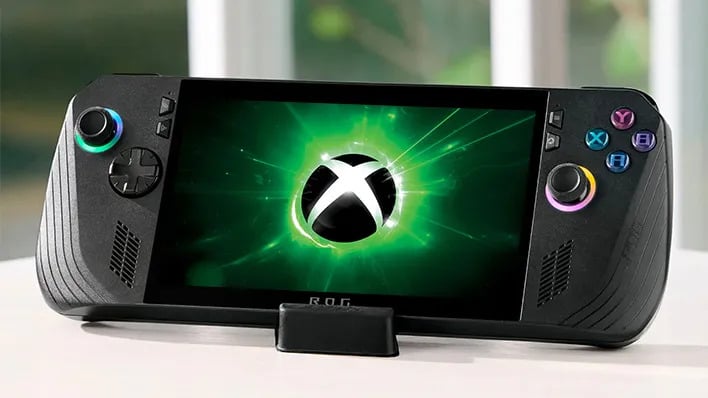An Xbox Handheld May Be On Pause As Microsoft Shifts Its Gaming Strategy
The reason Microsoft is putting the brakes on this new hardware effort is because it wants to focus on improving Windows 11 instead. Several of its hardware partners use the operating system in handheld devices, but the implementation often falls short in comparison to the experience gamers can get on Valve’s Steam Deck. Microsoft wants to turn this situation around and needs to shift resources to do so.

It makes sense for Microsoft to make this decision. Its current strategy, where basically anything can be an Xbox and the games it publishes end up on multiple platforms, reduces the importance of Xbox-made or branded hardware. Especially when companies such ASUS, Lenovo and MSI are already providing a solid set of devices for gamers to choose from.
The company is also concerned about the threat Steam Deck represents to the dominance of Windows, because the better Valve’s handheld get at gaming on the go, the better Linux gets as well. Meaning there’s a future where the open source operating system is a legitimate, viable option for gamers. It’s a future that rightly worries Microsoft, as lackluster gaming support has historically hampered the adoption of Linux.
However, this shift in strategy won’t have an impact on its upcoming handheld partnership with ASUS, code named “Kennan.” It’s an effort between the two companies to deliver a more unified experience and will likely be a glimpse of what a future Xbox first-party handheld might deliver.

